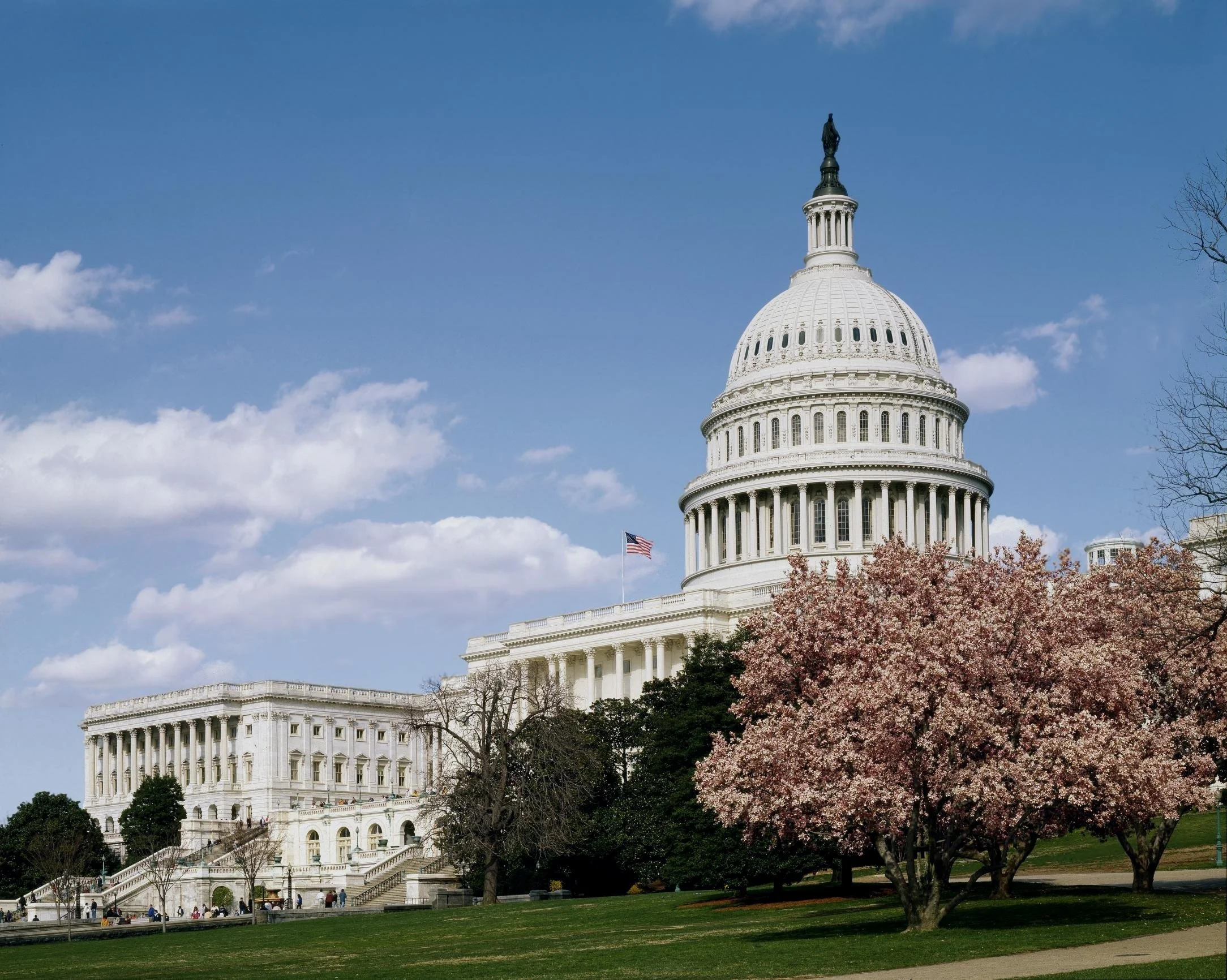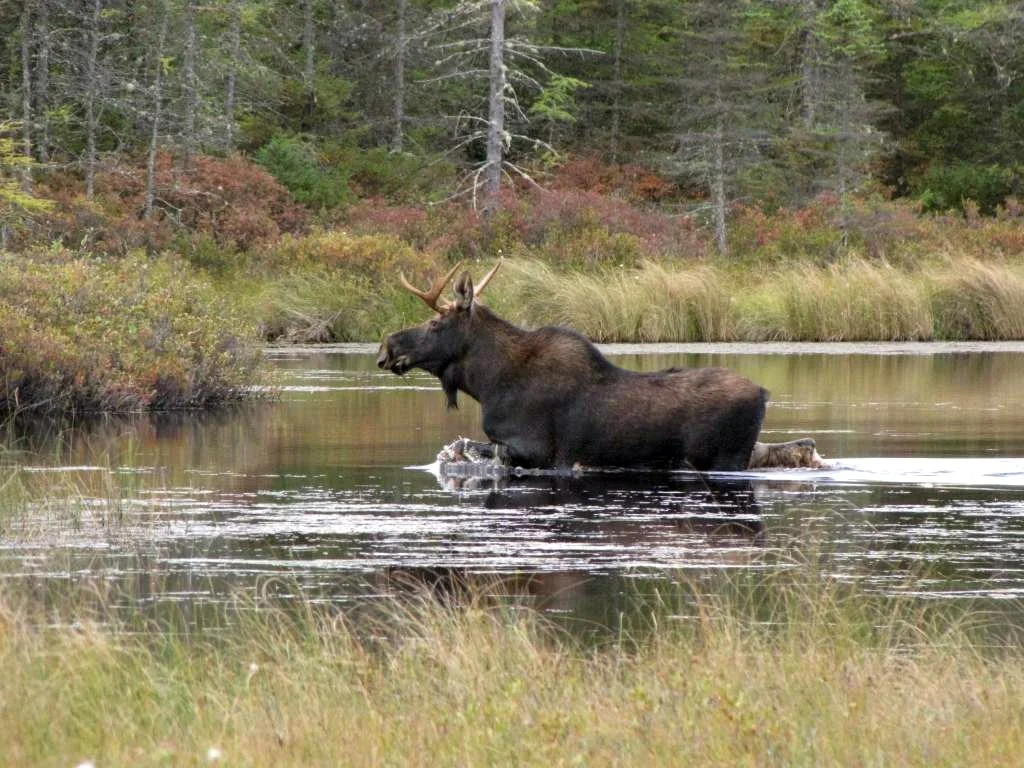After almost 60 years of fighting against diversion of Land and Water Conservation Fund (LWCF) dollars, in 2020, the LWCF Coalition celebrated passage of the Great American Outdoors Act (GAOA). This legislation secured permanent funding for LWCF at $900 million dollars annually, creating a consistent funding stream for conservation and outdoor recreation projects. By protecting our natural and cultural treasures, working forests and wildlife habitat, permanent LWCF funding ensures outdoor access for all Americans no matter where they live, clean safe drinking water, natural climate mitigation, and jobs in our communities. Yet, despite all these benefits and the overwhelming bipartisan will of Congress, LWCF is still under threat.
Not even three years after the historic success of GAOA, the Coalition and champions in Congress are once again battling against diversion of LWCF dollars away from their intended conservation and recreation purposes. In July 2023, the Senate Interior Appropriations Committee included, and passed, a $100 million rescission of LWCF funding in its FY24 Interior Appropriations Bill. The $100 million rescission would claw back unallocated, prior-year funding for LWCF State and Local Assistance Program (Stateside LWCF) administered by the National Park Service. Proponents of the rescission argue that because the funds are unspent, they can’t be used anymore or are somehow unneeded. This argument could not be further from the truth. There is an established process for the Department of the Interior to reallocate these funds to states across the country that desperately need more state and local park funding. Alternatively, Congress could reprogram these funds to some of the many ready-to-go federal LWCF projects and other unmet state grant needs across the nation that are urgently waiting for funding (programs like the LWCF-funded Forest Legacy Program, Cooperative Endangered Species Conservation Fund Grant Program, or Highlands Conservation Act Grant Program). For example, there are over $200 million worth of critical land protection projects on the FY24 Supplemental LWCF project list, more than $35 million is needed from LWCF for current conservation opportunities at Connecticut’s Silvio O. Conte National Fish and Wildlife Refuge alone, and state park project backlogs in California and New York both exceed $100 million. This is just the tip of the iceberg.
Silvio O. Conte National Fish and Wildlife Refuge
The consistent floor of funding provided by GAOA has not eliminated the backlog of time-sensitive conservation and recreation priorities at the federal, state, and local level that are waiting in line as programs under the LWCF umbrella remain oversubscribed. To efficiently allocate dollars, recover from pandemic-era slowdowns, and meet the increased funding now flowing from GAOA, state and federal agencies, including many state parks, have had to scale up under resourced programs and staffing. For the stateside LWCF program, Congress recently authorized states to use a small portion of funding for administrative capacity in FY23, but those funds and staffing are just kicking in now. The LWCF Coalition is already working with the National Park Service, nonprofit partners, and state agencies to address these capacity issues and other roadblocks in implementing the LWCF stateside program, but more work remains.
As we collaborate to meet these challenges, the answer is not to divert LWCF funding away from conservation altogether. LWCF Coalition partners and Congressional champions fought hard for decades to stop that practice forever by passing GAOA, and we will not accept any backsliding from this historic victory. In securing permanent LWCF funding, Congress committed to end the diversion of LWCF dollars to balance the budget and we must hold them to that promise.
Thankfully, the LWCF Coalition is working with conservation champions to reject any rescission of LWCF. Led by Senator Shaheen (D-NH), 16 Senators sent a Dear Colleague letter in September urging the Appropriations Committee to avoid any LWCF rescission in the final FY24 Interior bill.
Now more than ever, we need LWCF Coalition partners to tell their Senators to reject any rescission of LWCF in FY24 or in future years. There are hundreds of millions of dollars in unmet LWCF funding need, thousands of acres of wildlife habitat, and many public recreation opportunities in every corner of the nation that could benefit from LWCF. Tell your members of Congress to oppose any effort now, or in the future, to rescind or divert LWCF funding!
Written by Rae Ettenger, New England Conservation Policy Specialist, Appalachian Mountain Club


